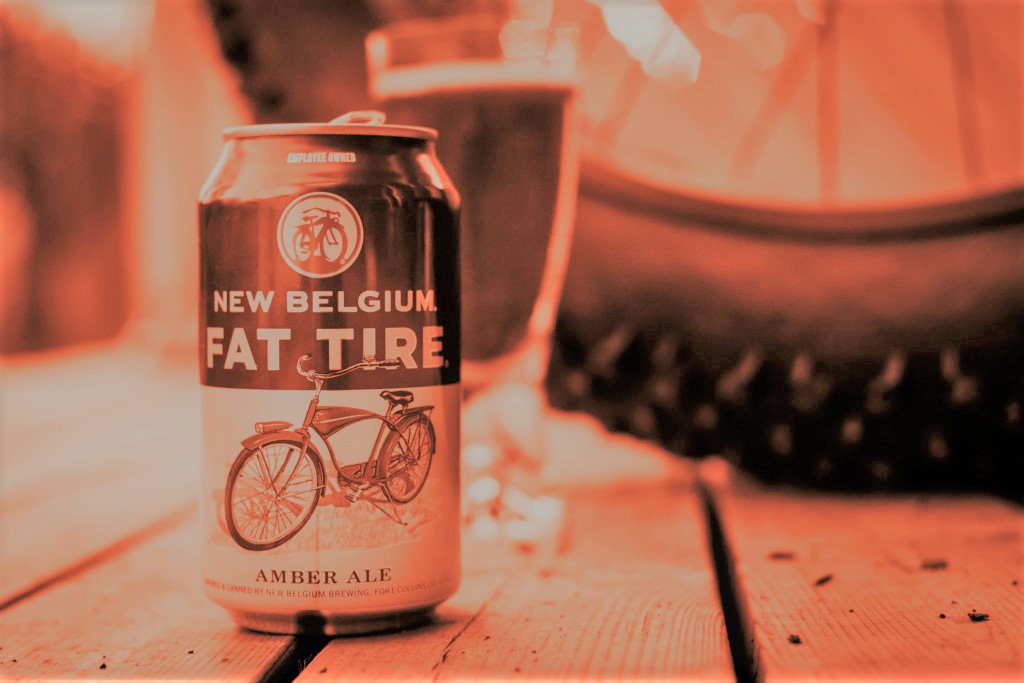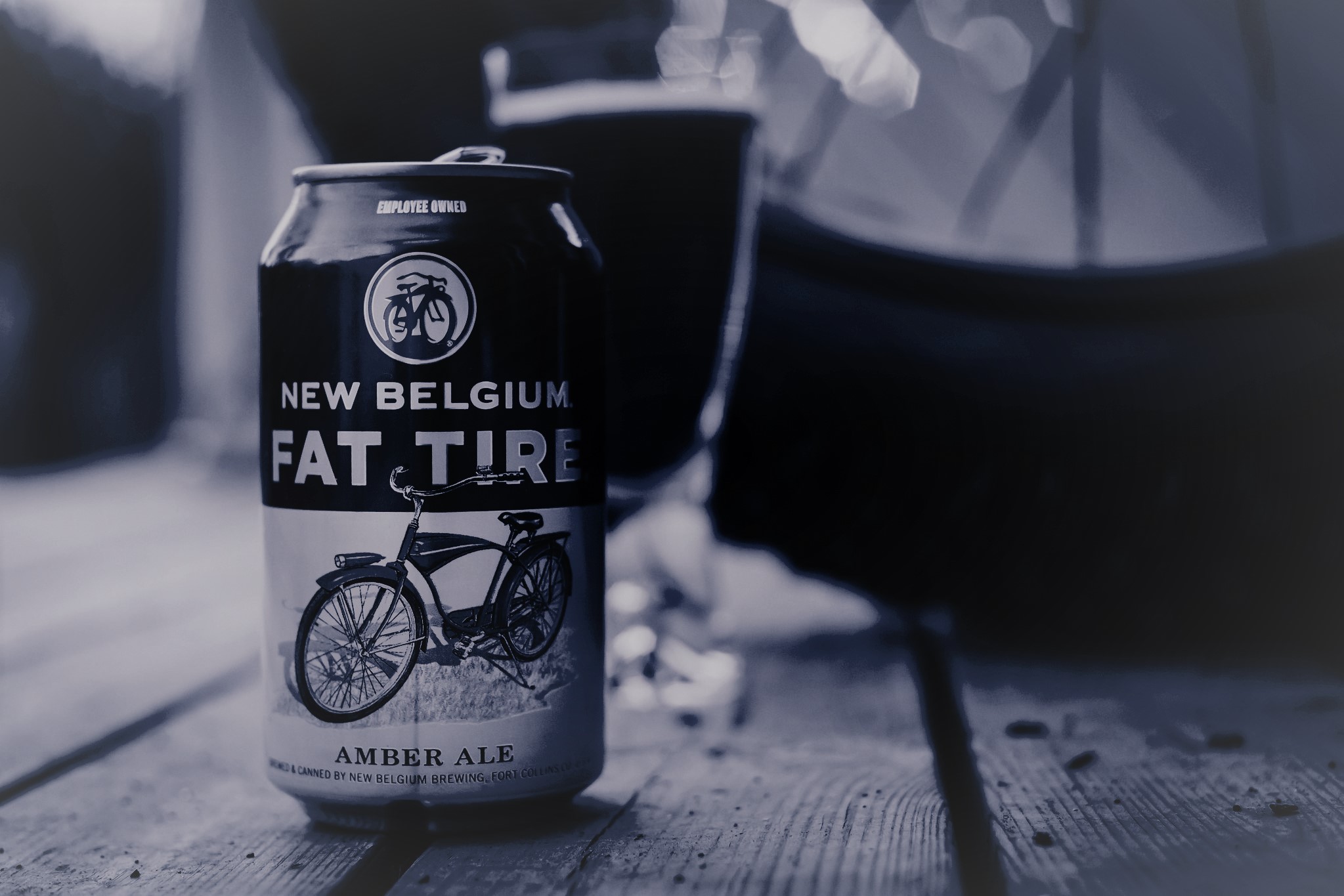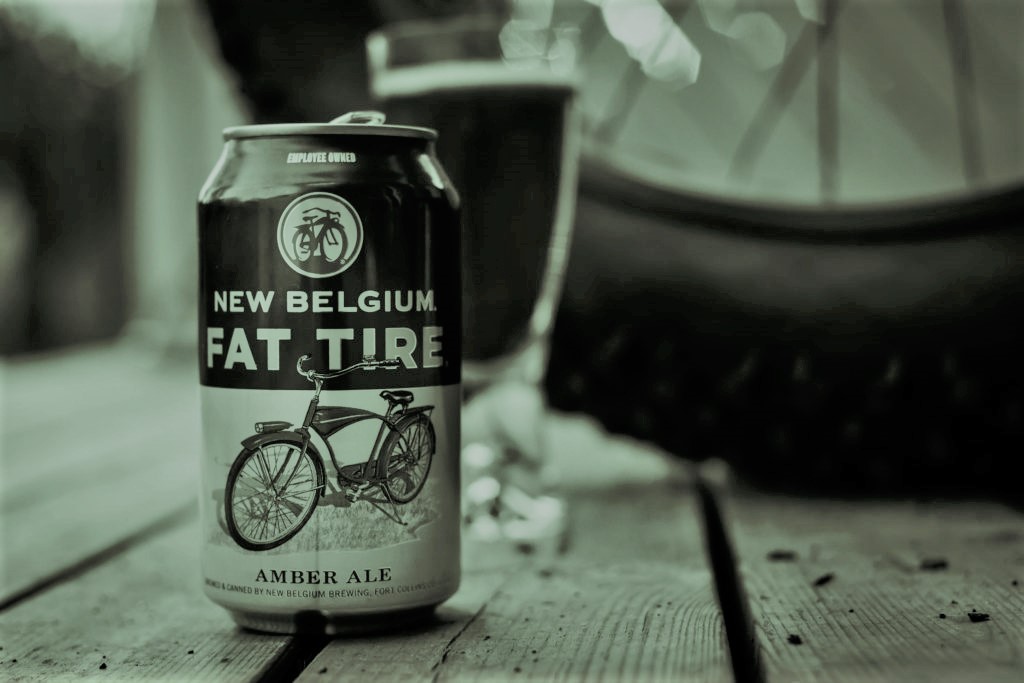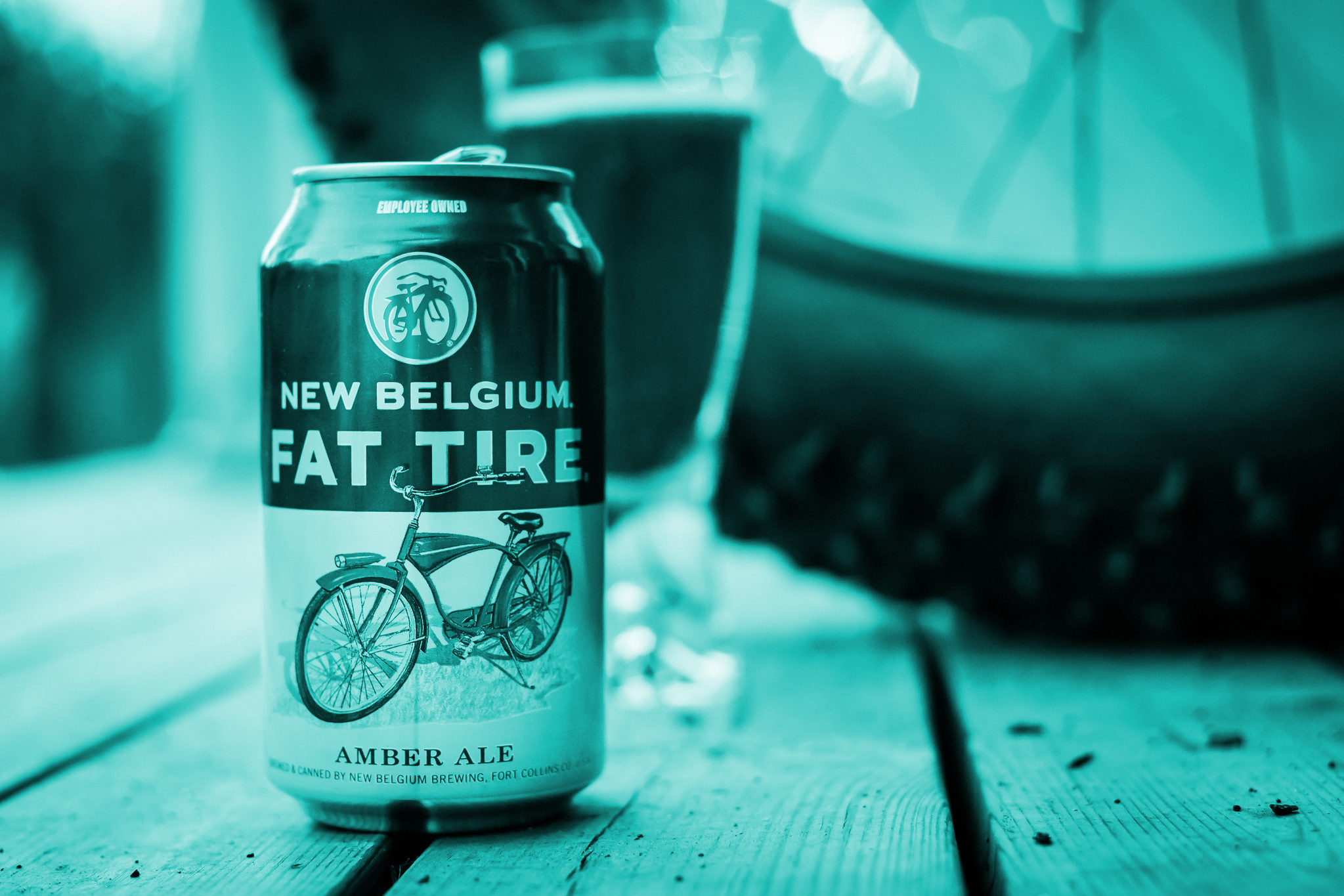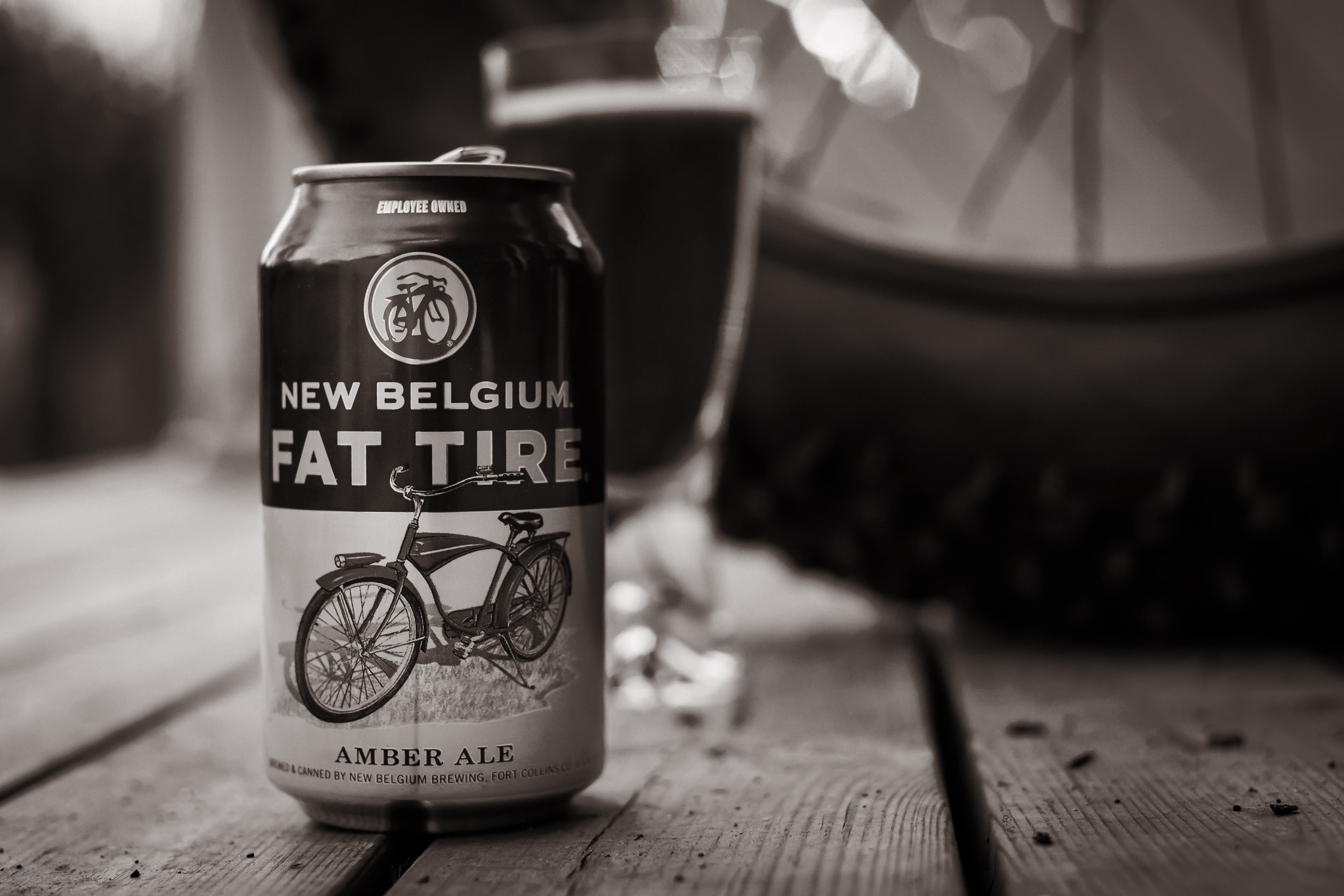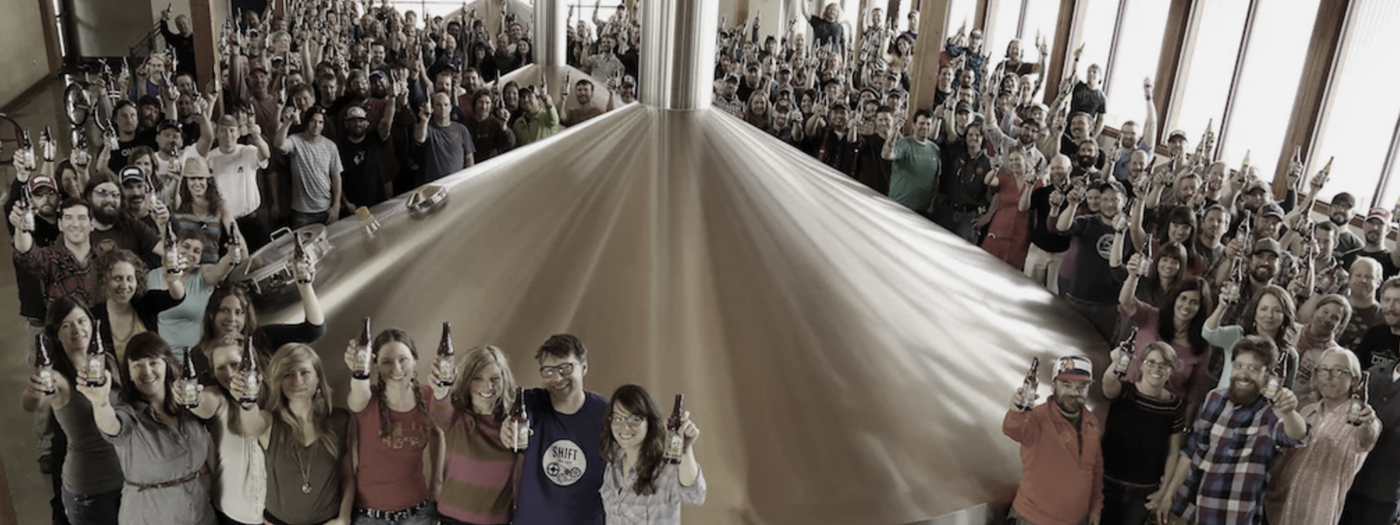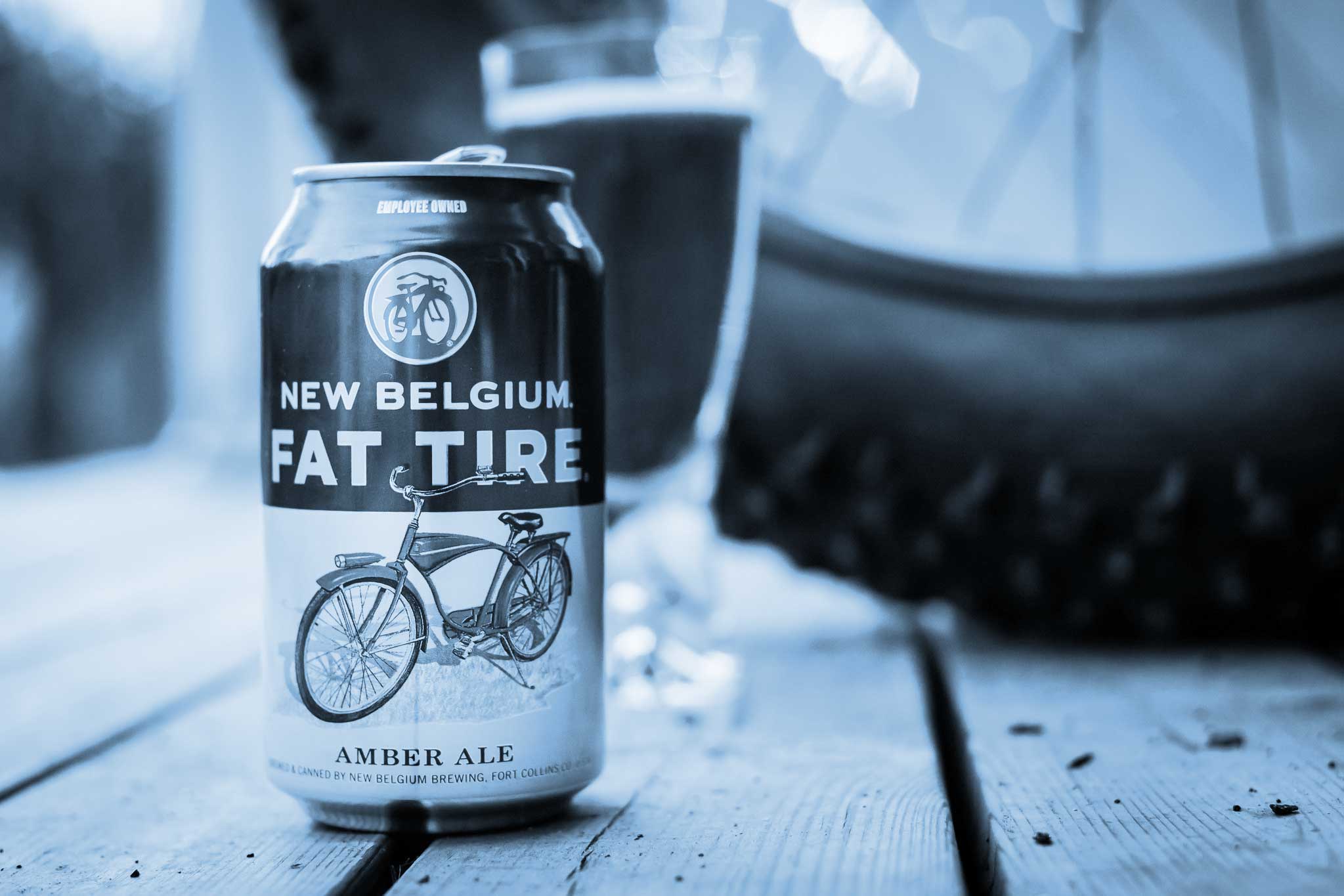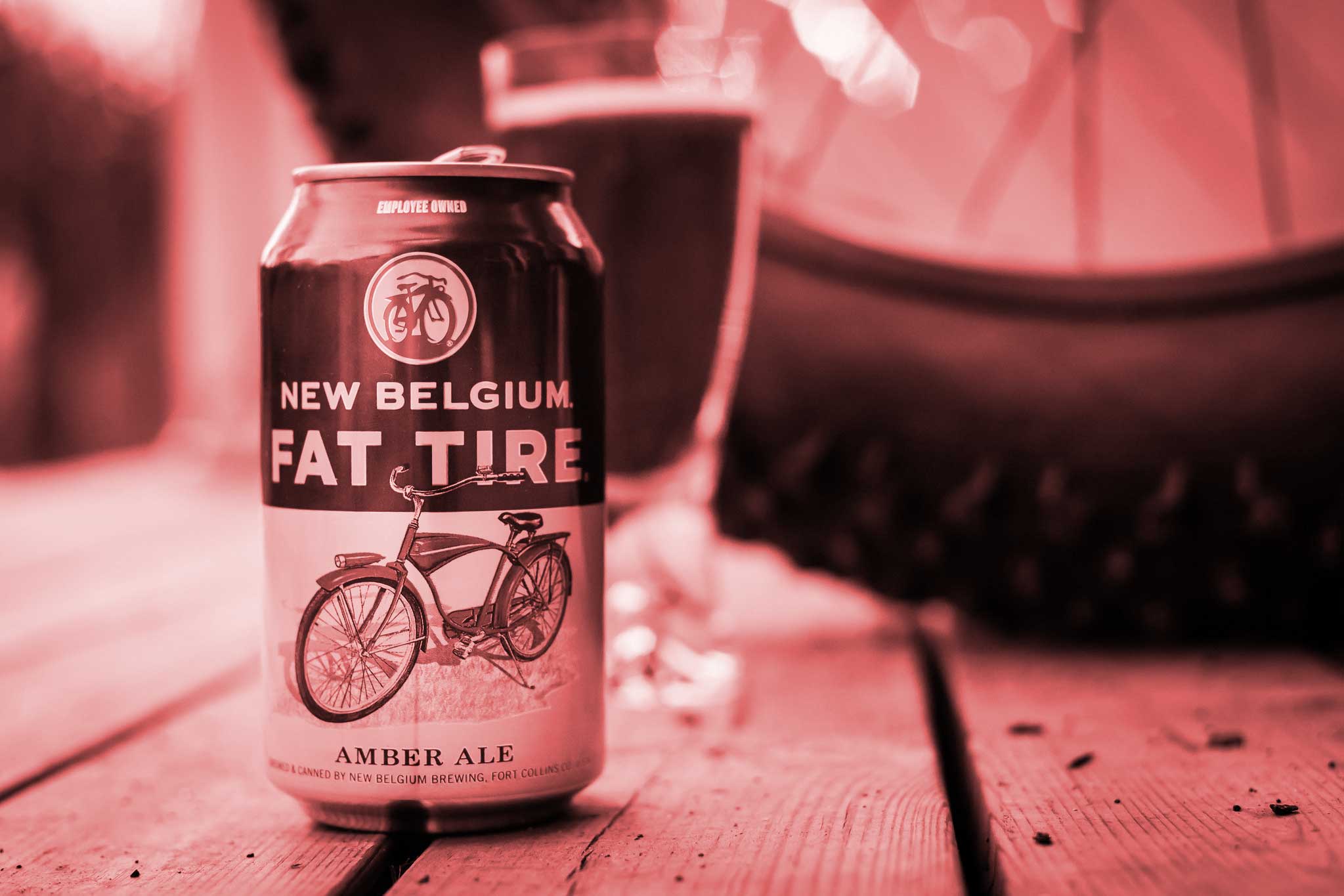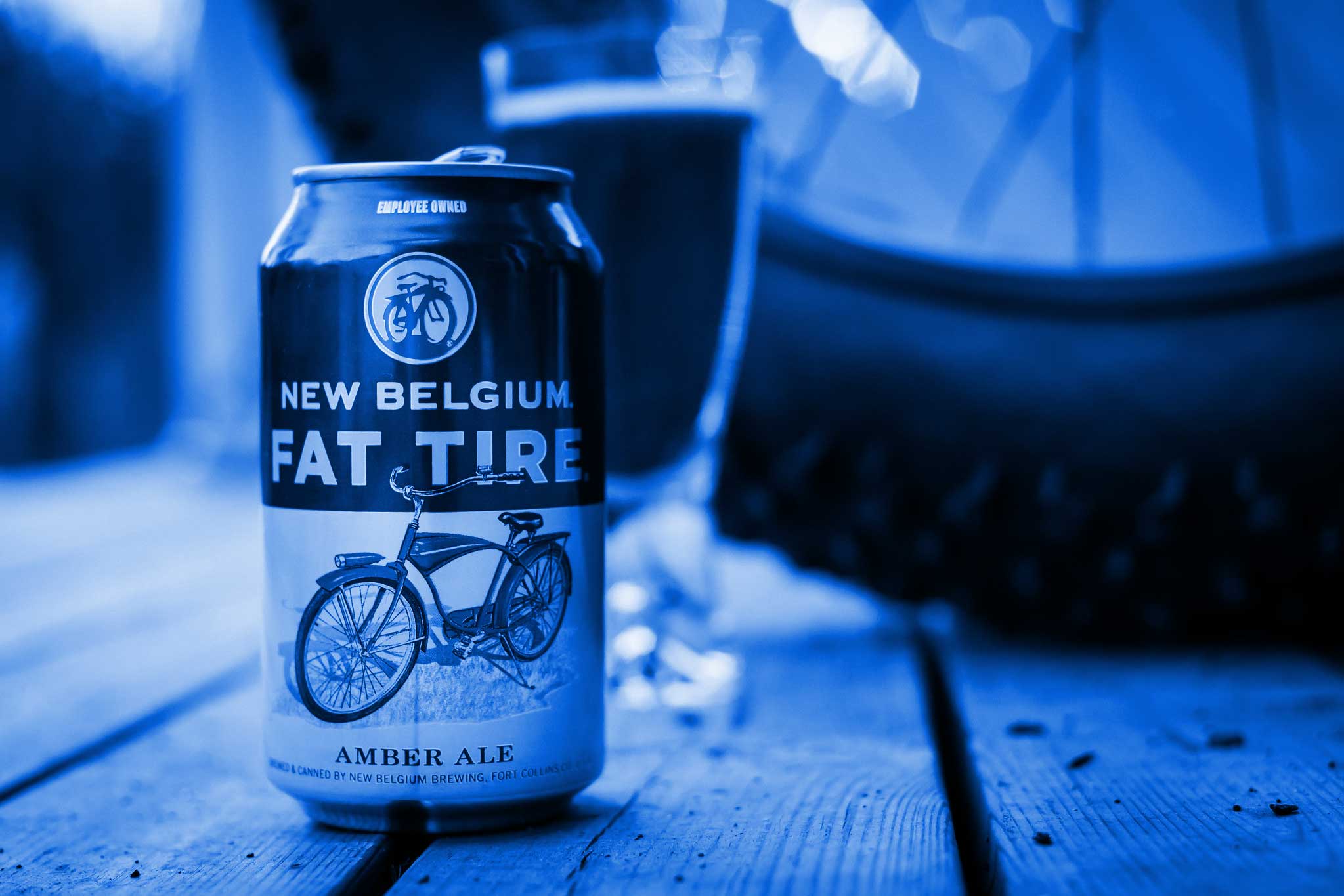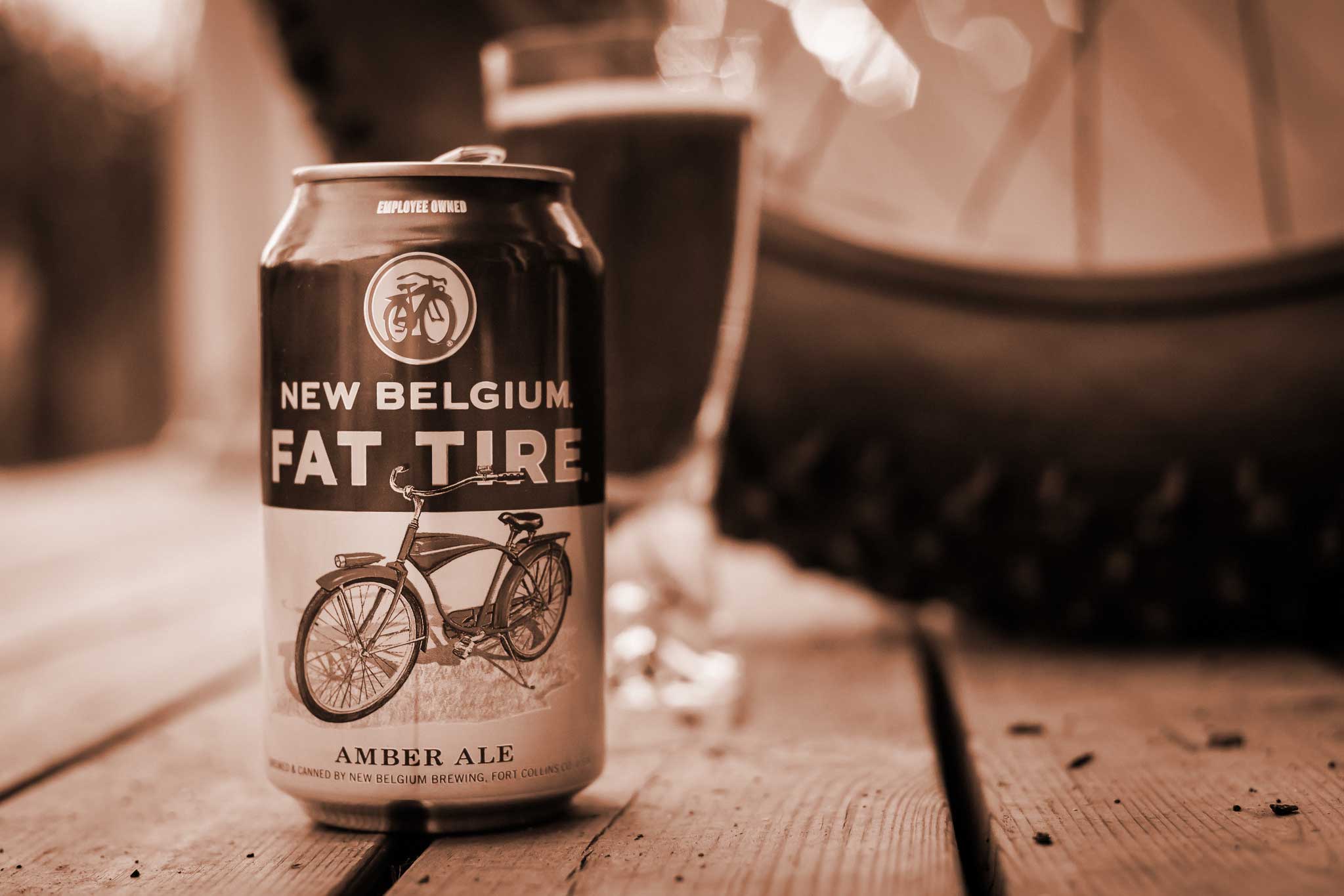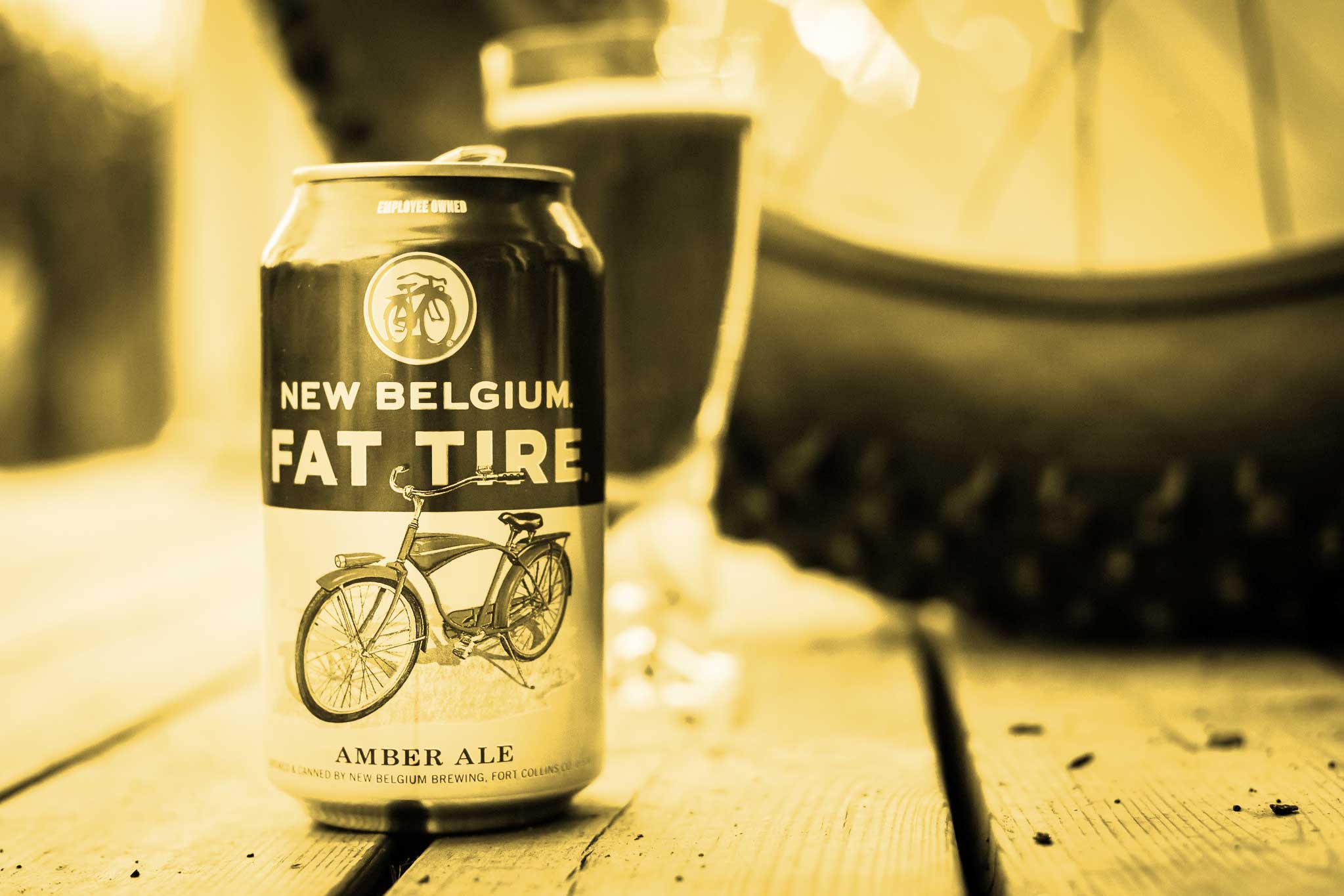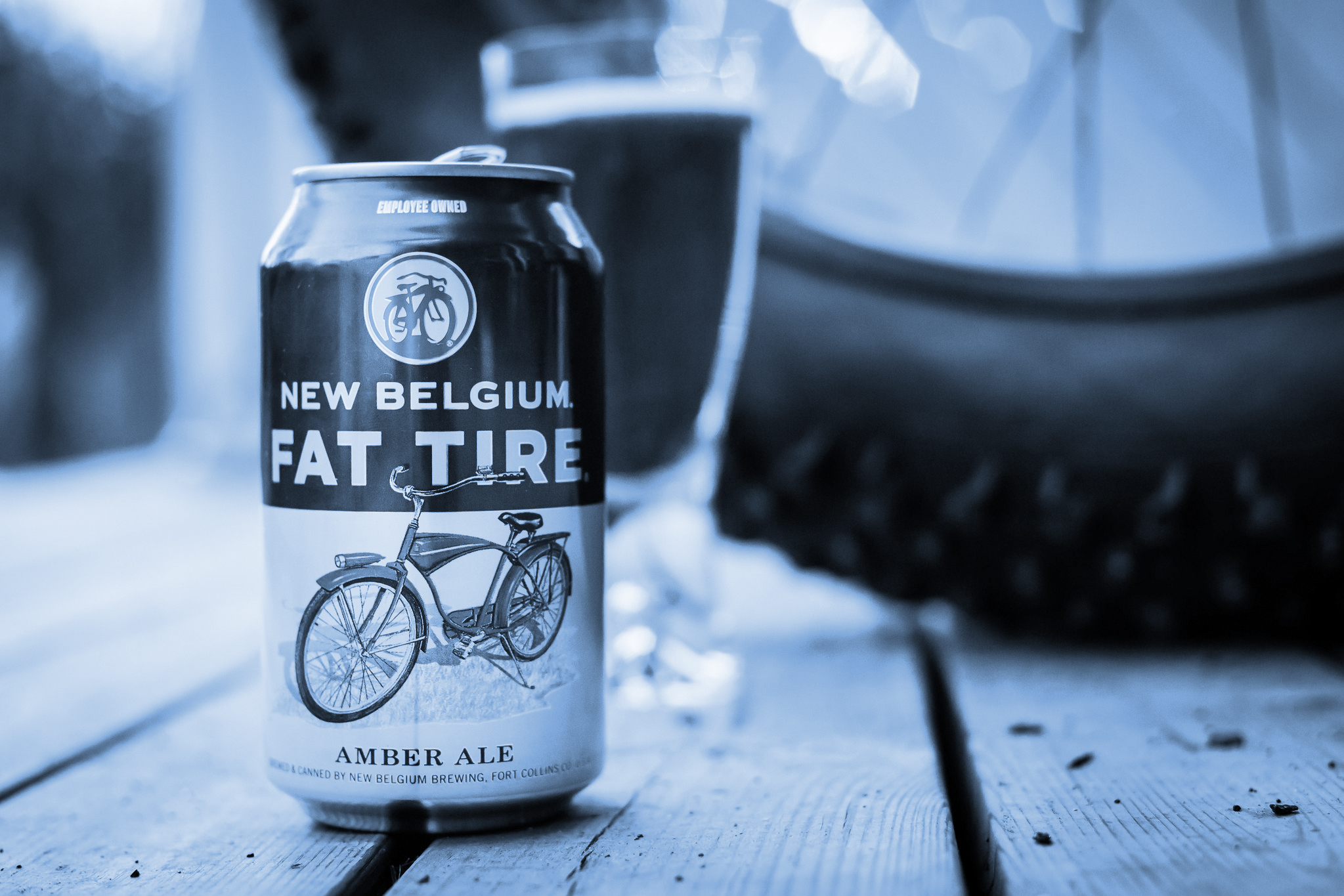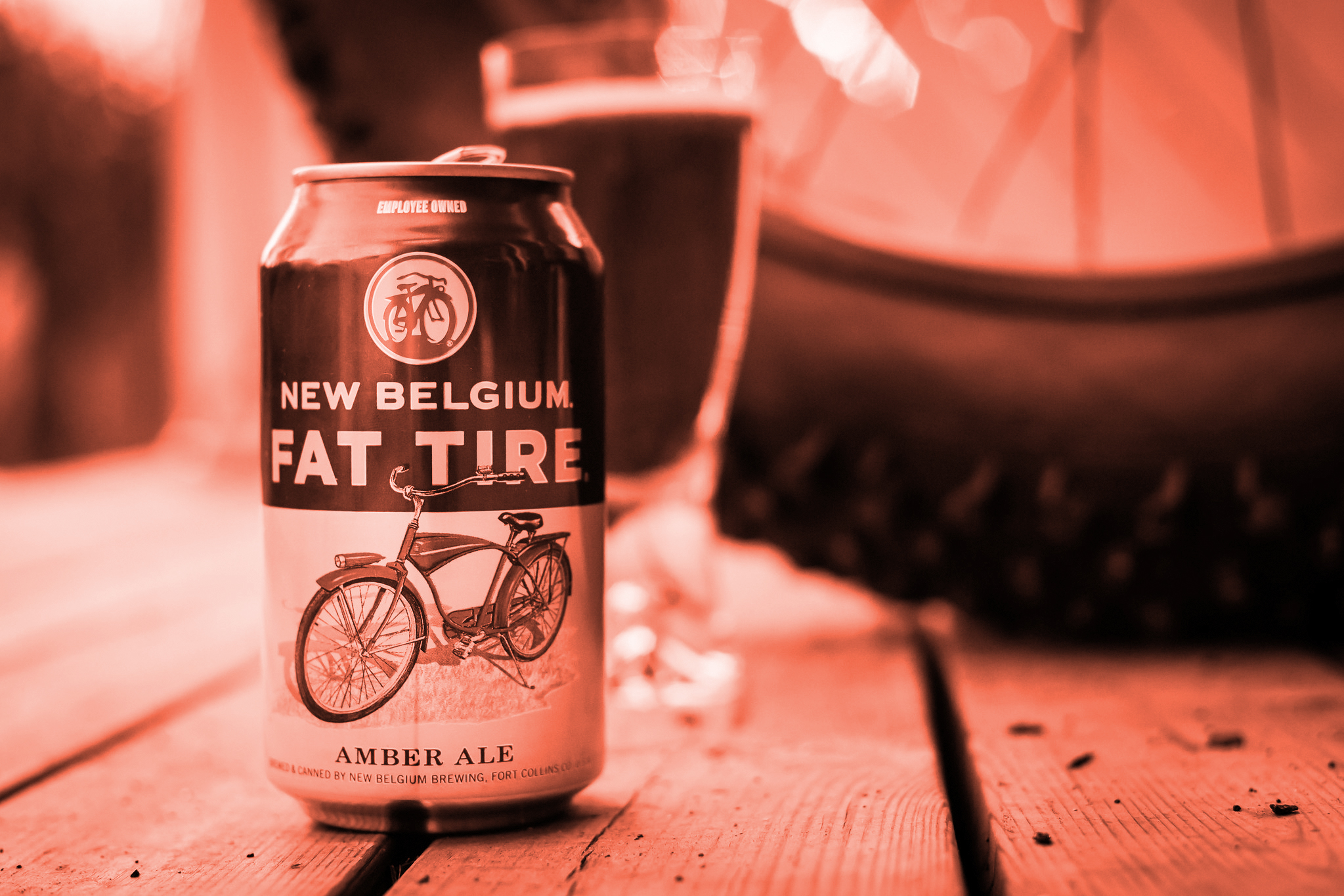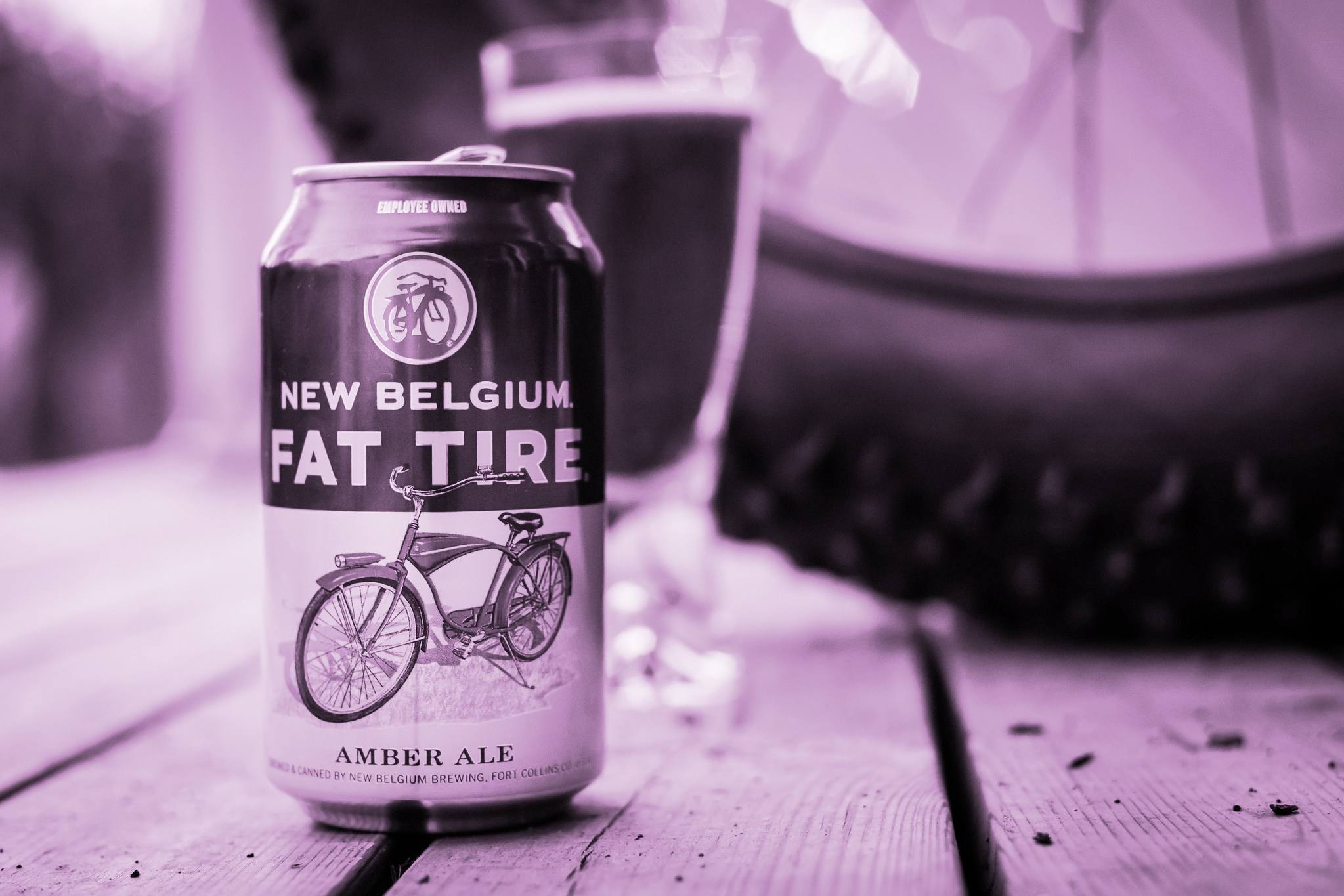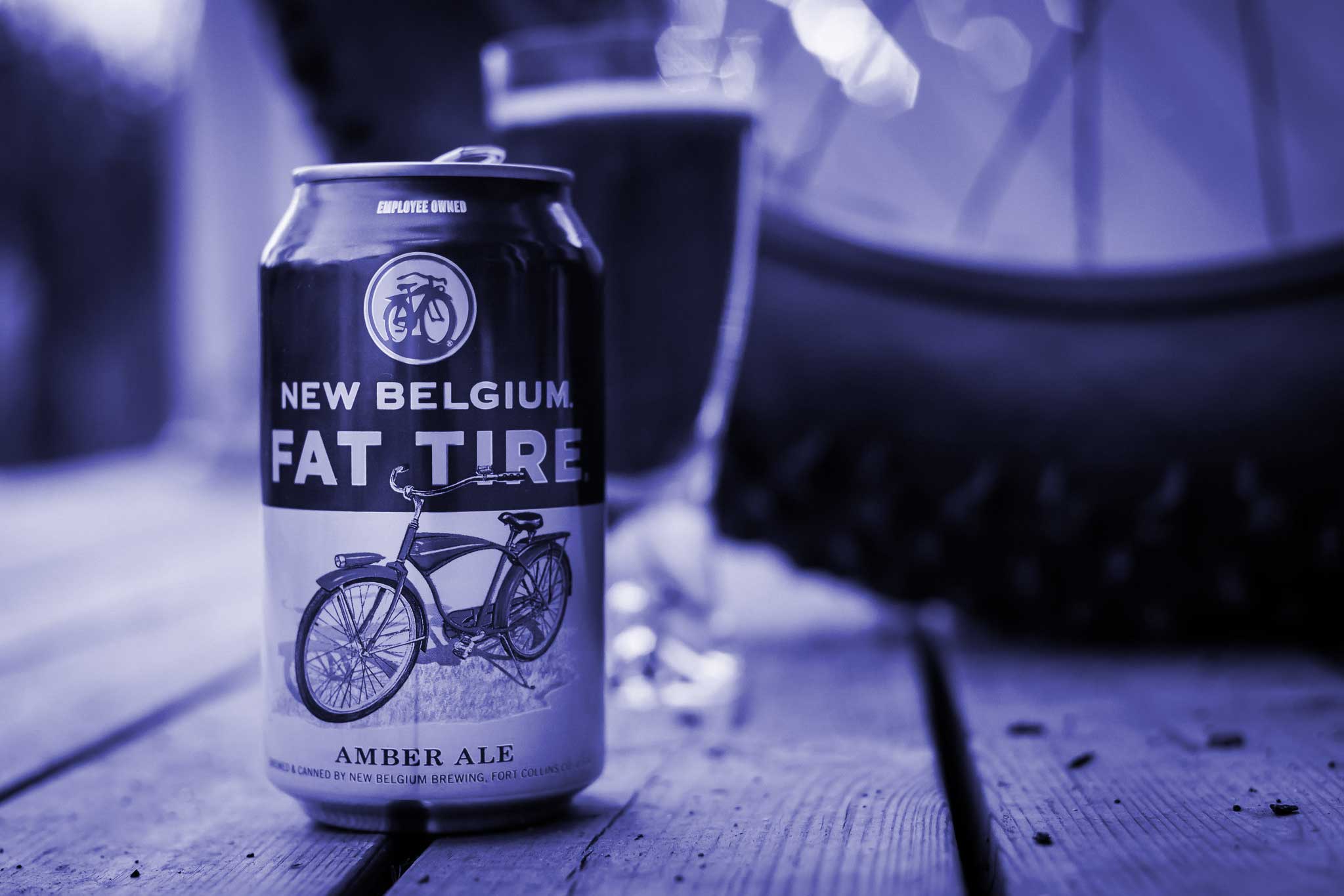New Belgium was the first craft brewer to become an ESOP, and its success has been part of why at least 15 other craft brewers have become ESOP companies as well. Collectively (counting New Belgium), they account for over 15 percent of the total volume of craft beer. Well-known brands such as Harpoon, Modern Times, Great Lakes, Left Hand, and many others have learned from and built on the New Belgium experience. Craft brewing, in fact, has among the highest densities of ESOPs of any industry. New Belgium has also been a leader in sustainability and employee engagement.
So what are we to make of its sale? Obviously, losing a well-known and widely admired company like New Belgium as part of the ESOP community is painful. But ESOP companies face the same kinds of pressures and opportunities all companies do. The craft brewing industry has been undergoing rapid consolidation for several years, with multiple major acquisitions announced every year. New Belgium also had to balance the cash demands of buying shares back from retired employees with the need for growth capital. Large brewers can add marketing, capital, and distribution advantages that even major players like New Belgium find hard to match. Because of that, they are often willing to pay substantial premiums for the stock. That doesn’t mean that a sale is inevitable for any successful craft brewer, but in any growing industry like craft brewing, consolidation is to be expected. There were, after all, 1,800 car companies in the early 1900s, and many of the iconic food brands that started out as independent (e.g., Kashi, Ben and Jerry’s, Annie’s) are now part of multinational companies.
While it would be nice for the ESOP community to retain its great companies permanently, that is not a realistic goal unless employee-owners are willing to forego potentially significant economic returns or market opportunities. We might like them to for our own philosophical reasons, but this is their company and their choice.
While it would be nice for the ESOP community to retain its great companies permanently, that is not a realistic goal unless employee- owners are willing to forego potentially significant economic returns or market opportunities.
In market economies, companies are created, companies fail, and companies change ownership. ESOP companies outperform other companies on average, and this competitive advantage makes it less likely that they will experience a sale, but it cannot ensure that any particular ESOP company will last forever. The question is not whether companies will be sold, but what will happen to the stakeholders of companies that are sold. Employees are often the losers when ownership changes hands. They almost never benefit from a transaction . . . unless the company has broad-based ownership by its employees. The existence of an ESOP means that the sale price is divided among many people, rather than a single person taking the entire profit from the sale.
Corey Rosen is co-founder and senior staff member at the National Center for Employee Ownership. Over the years, he has written, edited, or contributed to dozens of books, articles and research papers on employee ownership.
